Originally published on the HUB.
The Redlining Baltimore conversation series concluded Wednesday night with a discussion about how to turn the talk into action at a time when the city faces a window of opportunity with new leaders and invigorated activism.
“We find ourselves in a really critical place right now where everyone’s super passionate about change, and everyone has a different idea of how that’s going to happen,” said actress and activist Sonja Sohn, who hosted all four installments of the series. “How are we going to bring it together?”
Through the series—organized by Johns Hopkins University’s 21st Century Cities Initiative—activists, scholars, and other public figures have convened over the past month to discuss the past and present states of Baltimore’s inequity and segregation. But as Hopkins professor Lester Spence said at the final event Thursday: “Our game is not just to talk. … Our goal is to create the conditions where the ideas we’re talking about can gain traction.”
Radio talk show host Marc Steiner, who’s been working on social justice issues in Baltimore since his youth, bluntly noted the homogeneity of the audience.
“Damn, it’s almost all white in Druid Hill Park,” he said, “and we’re talking about Redlining and the future.
“One of the problems,” Steiner added, “is the conversation never gets beyond this in the city.”
That extends, too, to political and institutional decisions, he said. “The people affected by the decisions are never inside the conversation. Ever.”




